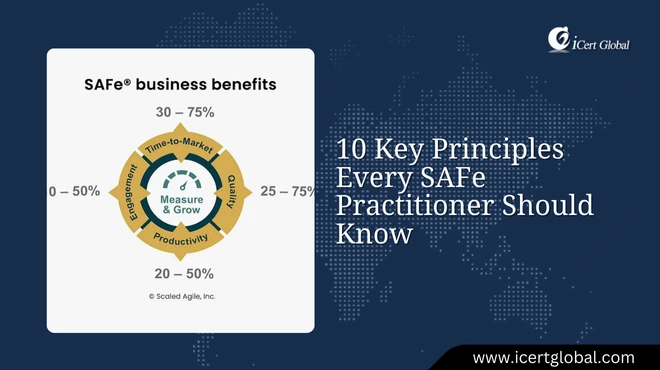Latest Articles
10 Key Principles Every SAFe Practitioner Should Know
A recent survey by the State of Agile Report discovered that companies employing the Scaled Agile Framework (SAFe) saw a...
What Are the Default Xmx and Xms Values
Understanding SOLID principles in Java made simple also means knowing how memory settings like Xmx impact performance.Mo...
Top SEO Strategies That Actually Work
Many beginners wonder, what is on-page SEO? Understand how it helps websites by boosting visibility in search engines.Ov...
The Ultimate Guide to Creating Sitemaps for SEO
More than 96% of all content that is placed on the internet receives absolutely no organic search traffic from Google, a...
The Most in-Demand Cybersecurity Skills in 2025
Readers often wonder, what is cyber security, and how does it impact everyday life? Over 85% of companies state that the...
What are the 7 types of Cyber Security
In a digitally connected world where threats are changing every day, every business must prepare for the top cybersecuri...
Complete List of all 49 PMP Project Management Processes
Project management is a practice of handling project successfully from start to end within budget and time using vario...
The Power of PMP Certification
Did you know that project managers with a Project Management Professional (PMP) certification report a median salary tha...
Prepare for the PMP exam in just 30 days
Preparing for the PMP exam is more than just studying—it’s about knowing what to expect on the journey.A PMI...
Why Java Still Rules the Programming World
As per a recent report by Tiobe Index, Java remains one of the world's top programming languages, a feat all the mor...
How Social Media Marketing Shapes Modern Business
A new report found that social media accounts for a whopping 17.11% of overall online sales in 2025, a number that has t...
From Clicks to Customers with Digital Advertising
In 2024, the world digital advertising market was worth a whopping $667 billion, with the expected growth hitting $786.2...



.jpg)
















